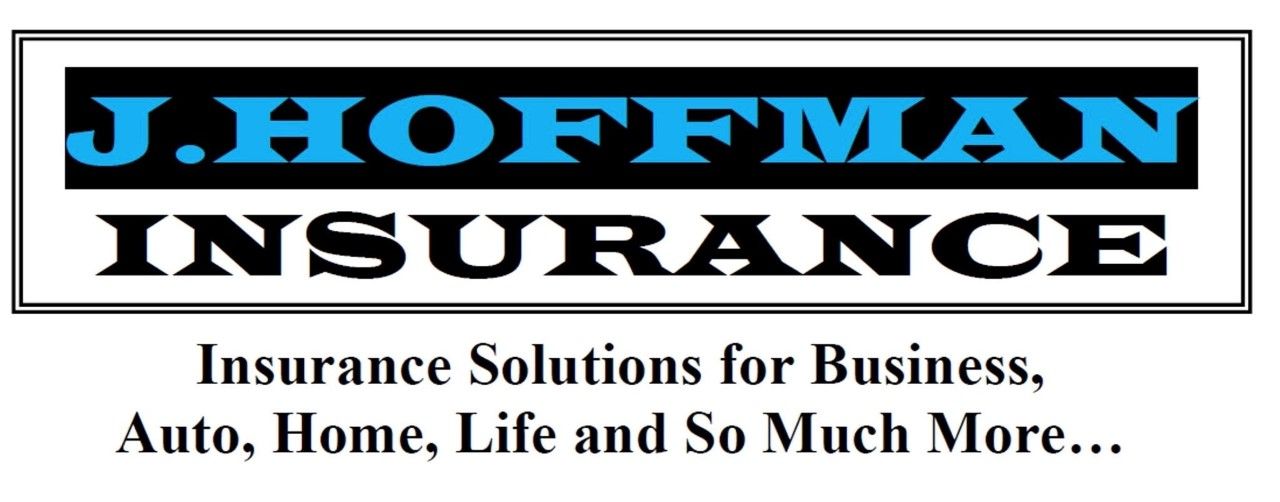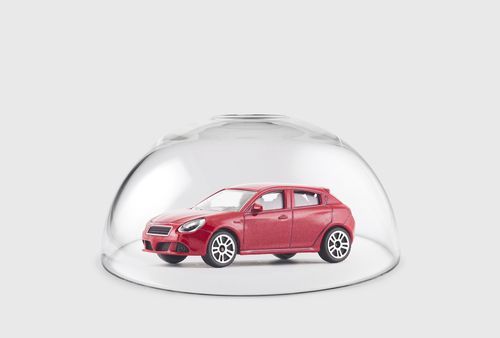The Factors that Determine Your Car Insurance Rates

Scroll through any local Facebook page, and you’ll inevitably come across a post from someone asking how much others are paying for their yearly car insurance premium.
While it doesn’t hurt to crowdsource this information from your friends and neighbors, the details they share won’t necessarily be applicable to your specific coverage needs. There are a variety of factors that determine your annual auto insurance premium, and each of them are unique to you!

So, what are the factors that decide your auto insurance rates? Here’s a quick lesson in what insurance carriers consider when determining the cost of your car insurance coverage each year:
- Driving Record – Accidents, moving violations and other incidences that cause you to put in a claim often create a rate increase. These incidences typically affect your insurance rates for anywhere from three to five years.
- Claims History – As you might expect, the cost of your policy or the exact amount that your policy increases after you file a claim, varies based on severity of the situation and size of the claim. Drivers who have clean records with no tickets or accidents can expect to pay a lot less than those with moving violations, crashes, DWIs and other incident that make you look more likely to file a claim to an insurance carrier.
- Credit Score – While this varies depending on the state you live in and the insurance carrier you work with, a lower credit score (under 600) often equates to a higher insurance premium. Reason being: Studies show that people with lower credit scores are more likely to file a claim or even commit insurance fraud. Likewise, some carriers may require a client with a lower credit score to pay a large percent of the premium upfront to in hopes of avoiding future lapses in payment and coverage.
- Location – Drivers that live in a highly populated area often pay more in premium than drivers that live in less densely populated towns and cities. It is presumed that those who live in more congested areas have a higher likelihood of getting into an accident. Likewise, people that live in areas with higher rates of vandalism, car theft and even harsh weather patterns, may be subject to paying more than those that live in zip codes that don’t meet these criteria.
- Usage – How you use your vehicle, and how many miles a day you drive, also play into the cost of your car insurance coverage each year. A driver that uses their vehicle to get their children to-and-from school or to run errands, will most definitely pay a lower premium than someone who commutes an hour in each direction for work five days a week.
- Amount of Coverage on your Vehicle – The higher the coverage you have on your auto policy, the higher the premium. Auto insurance policies encompass coverages such as Liability, Collision and Comprehensive, Uninsured/Underinsured Motorist & Medical Payments or Personal Injury Protection (PIP). All are valuable, especially if an incident occurs and your coverage is needed, so when reviewing your options for coverage, keep in mind that the old adage “you get what you pay for” absolutely applies.
- Type of Vehicle – Not surprisingly, the type of vehicle you drive affects your insurance rates. For instance, a sportscar costs more to insure than a sedan. Luxury vehicles are most costly to insure than a sportscar. A rule of thumb to keep in mind when it comes to the type of vehicle you own and the cost of coverage: the more expensive the vehicle, the higher the insurance premium.
- Number of Vehicles – Drivers with more than one vehicle (e.g., a married couple) qualify for a multi-car discount, which automatically makes their rate per vehicle lower. Likewise, drivers that pair their auto coverage with homeowners and/or an umbrella would also be eligible for lower rates on their auto coverage.
- Coverage History – Drivers who have had lapses in coverage or who have not carried insurance coverage previously (e.g., a newly licensed driver) often pay higher premiums than those who do not have these factors in their recent insurance history. Factors like these will increase your premium for a few years, but not forever.
- Age – Statistically, young and older drivers have shown to be more prone to distracted driving, accidents and other incidences behind the wheel that commonly result in insurance claims. As a result, drivers under the age of 25 and over the age of 70 typically face higher auto insurance premiums than those who are “in their prime” or middle-aged. Drivers with less than three experience on the road are considered “inexperienced” and as a result, considered to be more high risk in terms of getting tickets for moving violations or into fender benders. The good news? This doesn’t mean that affordable coverage is impossible to find!
J. Hoffman Insurance serves Warwick, Goshen, and Middletown, NY, providing commercial auto insurance and other coverage options, from home to business insurance. Our firm strives to provide insurance policies that best serve your needs. Contact our team today to learn more about which car insurance policy is best for you!
